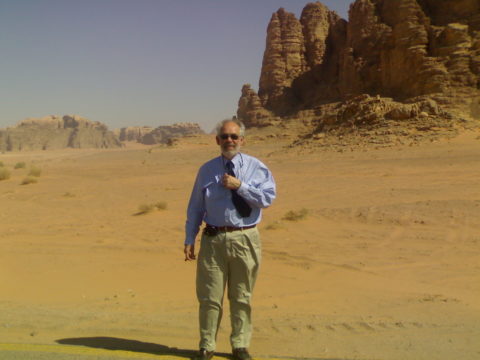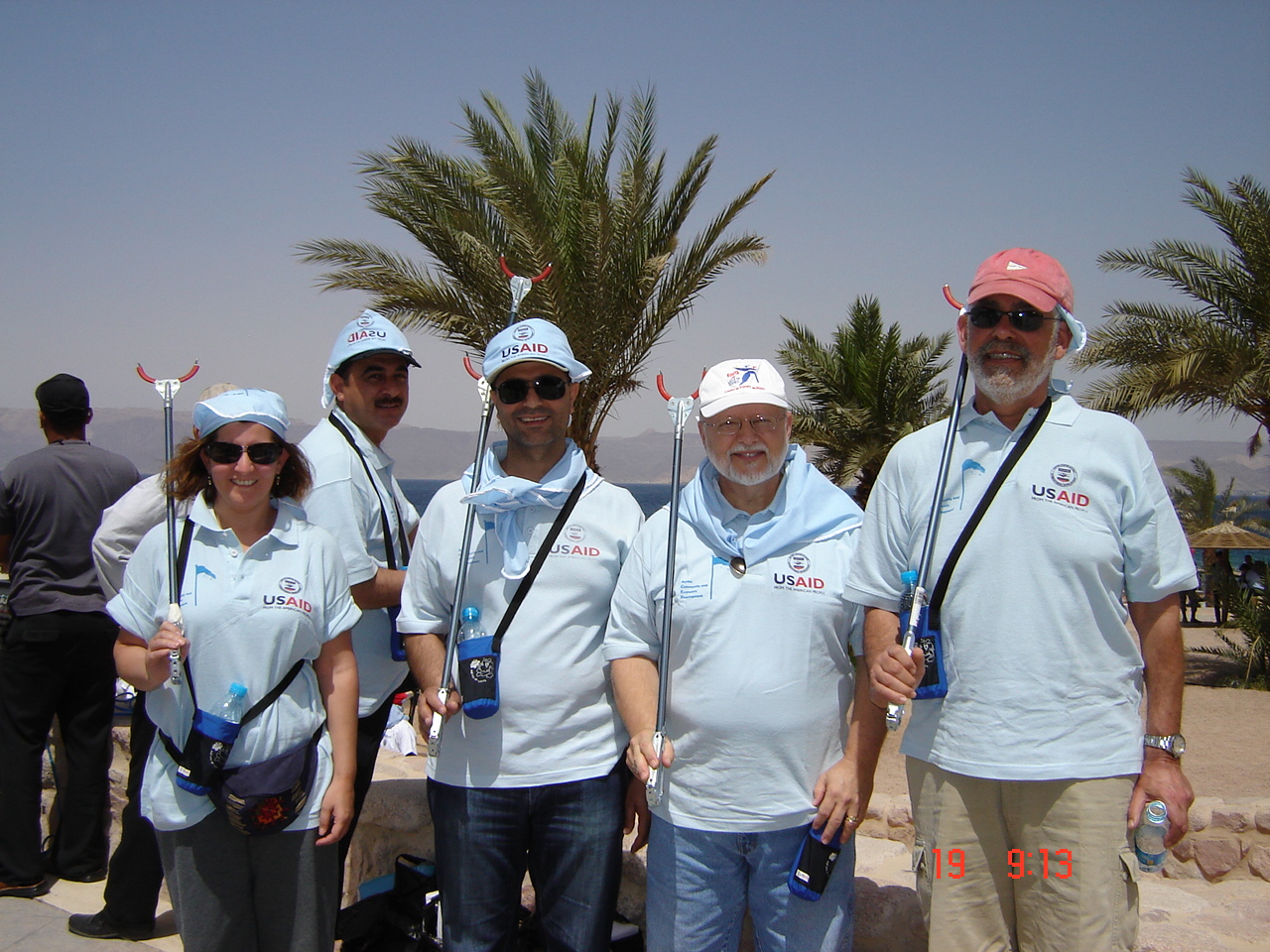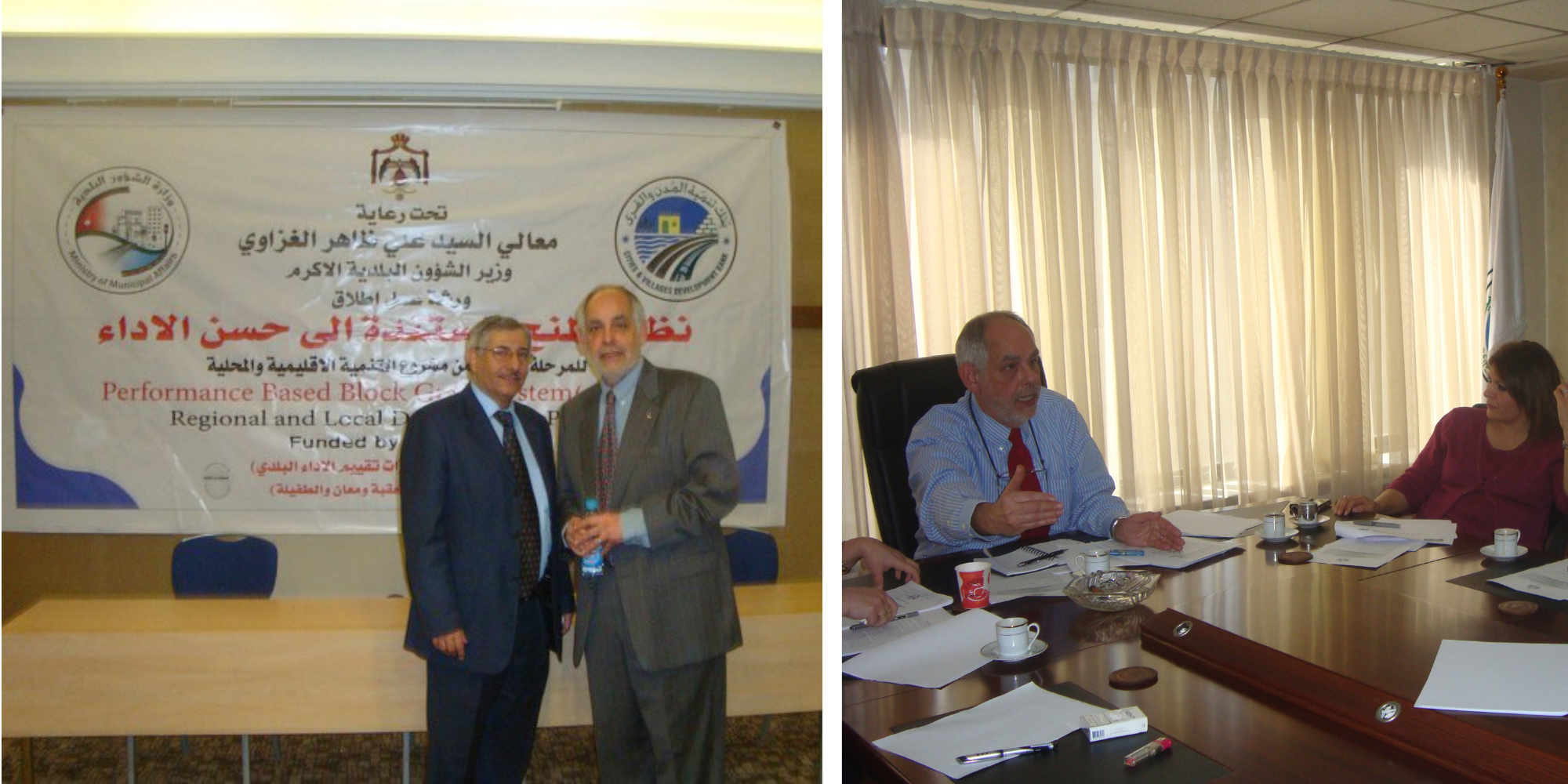
Philip Rosenberg (AB ‘68) is an inaugural graduate of the University of Georgia’s Master of Public Administration (MPA) program. Founded in 1966 by Robert Golembiewski, the MPA program’s first class graduated in 1968 with only a handful of students.
At the time, Rosenberg found himself transitioning from UGA’s Political Science program at the encouragement of Dr. Golembiewski. That one decision changed the trajectory of Rosenberg’s career and his entire life. Fifty-five years later, he can look back on a robust career that has allowed him opportunities in local municipalities, federal agencies, and international governments all over the world.
Rosenberg’s career in public service began even before graduation. Similar to the current program requirements, the original MPA program also required graduate students to participate in at least one experiential learning opportunity. While Rosenberg had options for his internships- having the choice between a number of local government agencies, the Georgia Fish and Game Commission, and the federal government, he chose to intern at the Housing and Urban Development Agency (HUD) in New York. His experience at HUD set the foundation for a career that would take him across the world- living in over twenty countries, working with foreign leaders across the globe, and helping local governments develop sound financial policies.
“At the time that I went to HUD, it was a new agency. HUD brought together housing, home finance, FHA [Federal Housing Administration], and a public works side. HUD became an umbrella over all these various agencies, really looking at urban renewal and public housing.”
Working alongside other graduate students from Ivy League universities, Rosenberg knew he was vying for a few coveted jobs within the newly formed agency. This “bright intern group was here to solve all the problems,” said Rosenberg, and he was right there among them. Having been a research assistant for Dr. Golembiewski, Rosenberg contributed to program development, policy analysis, and made himself invaluable by understanding block grants, something HUD was utilizing at the time.
His courses in local government and financial management prepared him for the internship, and despite the competitive environment, Rosenberg landed a full-time position with HUD after graduation. Shortly after being hired, he was promoted and asked to lead a new HUD office out of Boston. In his mid-twenties, he suddenly found himself in federal leadership being “in charge of all the programs in Rhode Island and southeast Massachusetts.”

Gaining experience working with communities while at HUD, Rosenberg shifted to local government working for the City of Cambridge, Massachusetts to concentrate on city development. He then accepted an offer to go to Washington, DC and work for a public interest group, the Municipal Finance Officers’ Association. This position gave him the opportunity to travel throughout the United States on behalf of the association. His experience at Cambridge doing research on federally funded programs through HUD and the National Science Foundation set him up for success with the association. His MPA courses at UGA prepared him for these career shifts by building his confidence in the area of public finance.
“My timing could not have been better. Public finance became the hot subject for federal funding, research, and grants. Here I was, Deputy Director for an association that was full of finance people without having a finance background.” As a result of his experience with the association, Rosenberg even co-authored a series of books regarding public finance.
Deciding that he wanted to try his hand at starting his own business, he became a consultant. Rosenberg advised clients from all over the country, including state and local governments in Wisconsin, New Hampshire, Massachusetts, and Illinois. The work was rewarding, but he was looking for something different without knowing exactly what it was.

